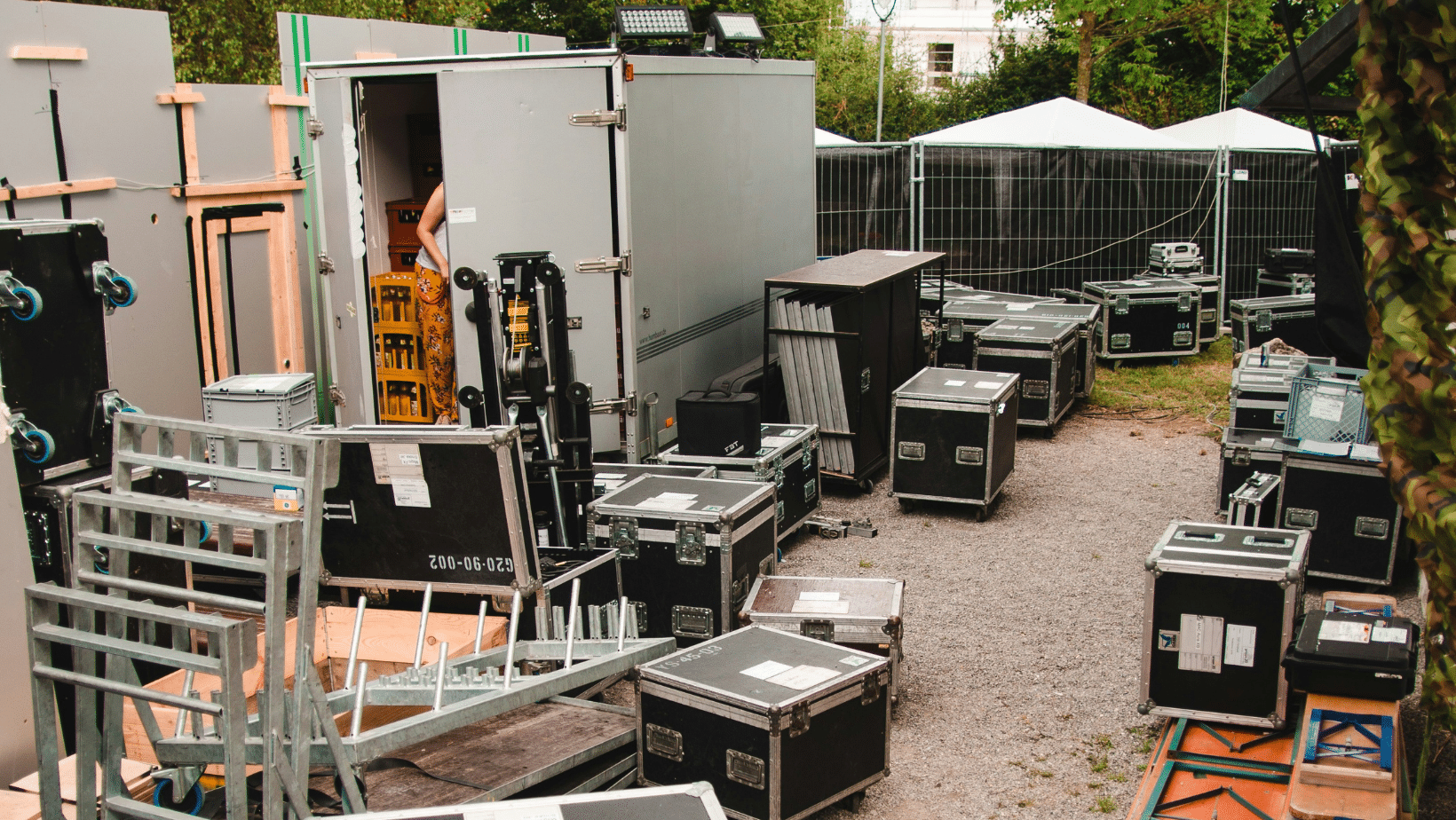1. It’s Easy To Be Mean Behind A Screen
The internet allows people to be more anonymous and removed, which amplifies the ferocity of aggression and criticism. It’s likely these people would never voice such criticisms in a chat face-to-face.
2. It’s Okay If It Hurts
Whether it’s words out of someone’s mouth or words on a screen, criticism and abuse is still emotionally wounding and it hurts. You don’t need to guilt or shame yourself for being human and feeling emotionally impacted by cruelty and criticism online.
3. You Can’t Please Everyone
People are going to have a wide range of opinions, particularly in regards to controversial moral or politicised issues. It’s likely that some people who connect with your art might not always connect with your alignment on these issues. That’s okay. You can’t please everyone all the time.
4. Check In With Your Values
To salve the sting of criticism, check in with your values. Is publicly aligning with this issue important and meaningful to you? Does it allow you to be proactive about your role as an artist, a creative and citizen? Being an artist does not mean that you need to validate everyone’s diverse opinions on complex issues. You’re entitled to your opinion too and you’re allowed to voice it.
5. Don’t Be Afraid To Block / Mute / Report
When things are getting particularly heavy online, don’t hesitate to block and report bullies and abusers. You can moderate your own social media channels to keep interaction civil and preserve your own mental health.
6. Switch Off And Let Go
We cannot control the behaviour of other people online. Try your best to let go of what you cannot control and focus on what you can. Instead of rereading offensive messages, spend your time and mental space on other areas of your life that are fulfilling and soothing. Remember that in this instance, “letting go” is not resignation or defeat, but rather an empowering choice you can make to prioritize your own wellbeing.
7. Get Support
The impact and consequences of interactions online are real. Reach out to a friend, manager or support person to talk it out, and stay connected with people in your life who have your back and care about your wellbeing.
If you or someone you know needs help, please contact any of the following:
- Support Act Wellbeing Helpline 1800 959 500 – a free, 24/7 telephone counselling service for anyone in the music or arts industry
- Lifeline on 13 11 14
- Headspace on 1800 650 890 for confidential support



